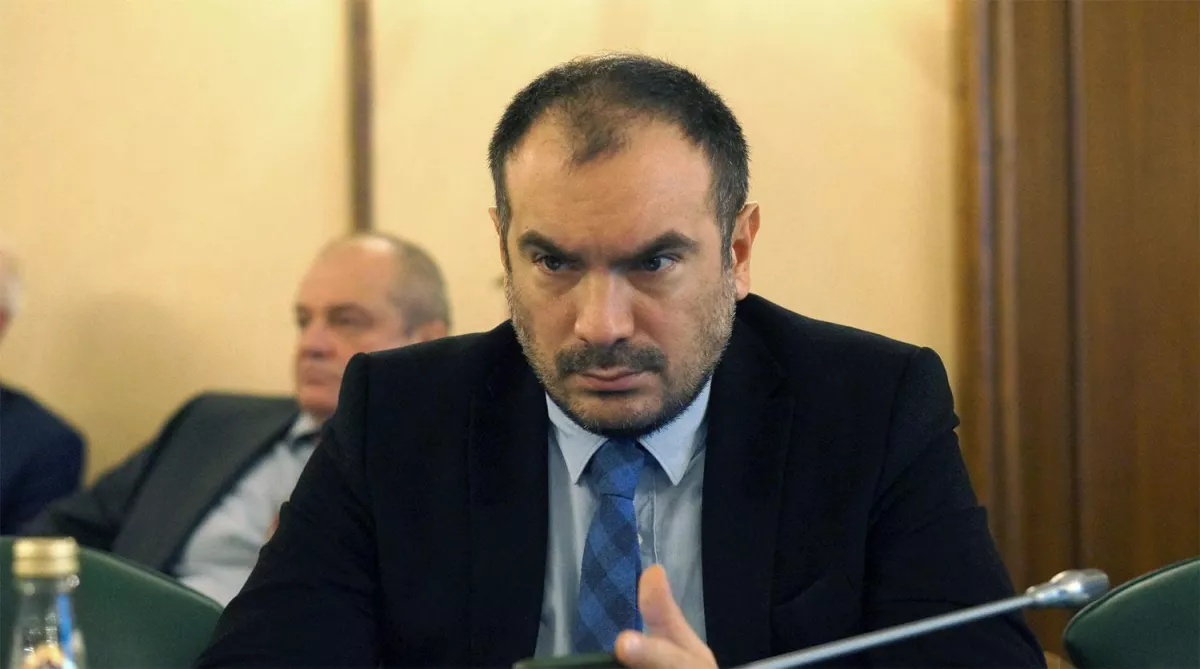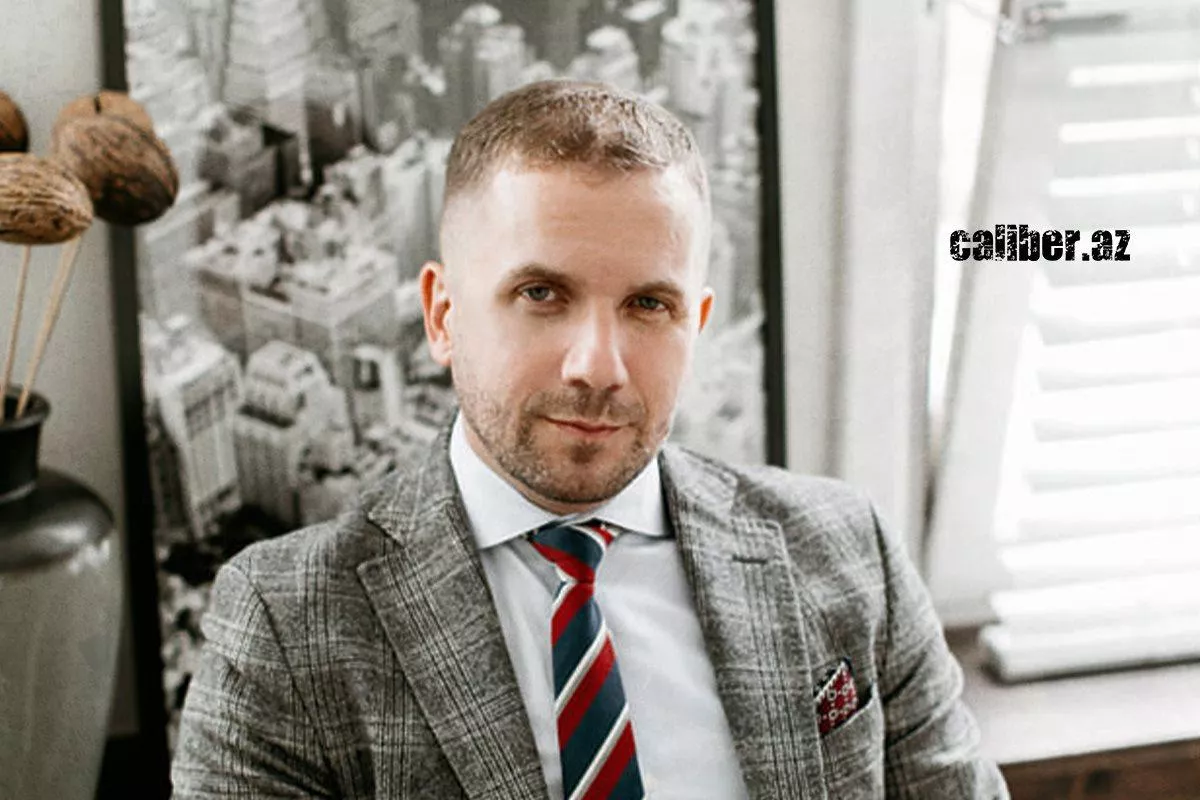EU joining process represents big trap for Armenia Dilemma between EU integration, EAEU membership
The Armenian government has approved a bill to begin the process of joining the EU. The decision was made during a meeting of the Cabinet of Ministers on January 9, according to Armenia News.
The document will be submitted for approval to the country’s parliament. According to the government’s rationale, the approval of this initiative will make the expectations of the citizens of the Republic of Armenia regarding its future as a full-fledged member of the EU more realistic by also creating a conducive environment for discussions on the issue.
Armenian Prime Minister Nikol Pashinyan emphasised that the decision for the country to join the union can only be made through a nationwide referendum.
"However, we must also note that before the referendum, we must take certain steps: discuss the roadmap with the EU," Pashinyan stressed.
In September 2024, Armenia and the EU began negotiations on a visa-free regime. The condition for lifting visa requirements for Armenian citizens traveling to the EU for short stays was the implementation of "substantial reforms" by the Armenian authorities, including those related to border control, migration, and anti-corruption efforts.
Armenian Foreign Minister Ararat Mirzoyan, presenting the bill, stated that in recent years, Armenia and the EU have developed quite intensive and dynamic relations. All this is quite interesting, but it raises the questions.
Even if a nationwide referendum shows a majority in favour of Armenia joining the EU, will this have any impact on Brussels? Is the EU leadership currently focused on expanding the boundaries of the union? What are Armenia's actual prospects for EU membership, given the political and economic situation it is facing? Furthermore, it is important to remember that Armenia is a member of the Eurasian Economic Union (EAEU), and this fact is unlikely to positively impact its prospects for European integration.
Well-known international analysts have shared their thoughts on this issue with Caliber.Az.
"We, the Turks, know very well what the process of joining the EU is like," Turkish political analyst, Doctor of Historical Sciences, and visiting researcher at the Institute of Asian and African Studies at Moscow State University Mehmet Perincek said. "It is a big trap for Türkiye and, of course, for Armenia."
"Western countries, with their endless promises, want Türkiye not to turn away from the Western world and not to cooperate with its true friends and partners in Eurasia. On the other hand, they will never accept Türkiye into the EU. The same situation applies to Armenia—with its weak economy and constant political crises. The EU will never accept Armenia as a member. Their goal is different," he said.

"They want to detach Armenia from regional countries and alliances. They clearly see that a regional initiative is currently developing in the South Caucasus. There is the '3+3' platform, and regional countries are working together to solve regional issues," Perincek noted.
The political analyst said that after the second Karabakh war, a favourable foundation for lasting peace in the South Caucasus was established.
“There is now the possibility of signing a peace agreement between Armenia and Azerbaijan. However, peace or regional stabilisation stands in the way of Western plans. Therefore, they seek to create chaos or ongoing conflicts in the region. For this, they need a foothold, and Armenia is the most convenient country for the West to use as such a base,” he noted.
“After the complete restoration of Azerbaijan's territorial integrity, the West lost its tool for interfering in regional affairs. Now, through the EU accession process, it seeks to detach Armenia from the region and use it as a foothold against all regional countries—against Türkiye, Azerbaijan, Russia, and Iran,” Perincek said.
He noted that during this process, they will continuously impose new conditions for EU membership, gradually eroding Armenia's sovereignty.
“They will fully control the Armenian government. This is a process of complete desovereignisation of Armenia. It is not only a trap for Yerevan, but also a major snare for the Armenian people. This process, of course, distorts the mindset and thinking of the Armenian people," the political analyst said.
He believes that this process will also lead Armenia to isolation from its neighbours, as it will distance itself from other alliances—whether economic or military.
"Thus, Armenia will be left isolated in the region. The Armenian people and the government will think that the West is on their side, but we know very well the West's tactics—use and discard. They will use Armenia for their selfish purposes, creating hostility between Armenia and its neighbours. They will exploit Armenia against regional countries, and then discard Armenia and the Armenian people," Perincek said.
"The future of Armenia is not in the West's plans. Armenia's future is not in this illusion called 'EU membership.' Its future lies in signing a peace agreement with Azerbaijan, and in cooperation with Türkiye and Russia," he added.
Candidate of Historical Sciences and Senior Research Fellow at the Center for Post-Soviet Studies of the Institute of World Economy and International Relations (IMEMO) in Moscow Stanislav Pritchin believes that a serious crisis in the EU is evident, particularly considering that only now the Schengen Area has been extended to Bulgaria and Romania, which have been EU members since 2007.
"All of this was met with scandals, conflicts, and significant compromises, because Bulgaria and Romania, in terms of living standards and many other criteria, fall short of the level of average EU member states," he said.
"We see the opposite case, for example, with Georgia, which has effectively suspended its EU accession due to inflated demands and the European Commission's dictate on a number of issues that should remain under the jurisdiction of Georgia itself. Under these conditions, of course, Armenia's plans to join the EU seem quite theoretical and phantom-like," the expert said.

"There is no chance for Armenia to become an EU member, not in any way or under any parameters," Pritchin emphasizes.
"Even just from a geographical standpoint, Armenia doesn't share a border with any EU member state, and there isn’t even a maritime border, as with Georgia, to have a direct route with EU member states via sea routes," he said.
"Armenia is distant, geographically isolated. If we start discussing all other issues—living standards, compliance with EU criteria, and Georgia's years of experience in preparing for even candidacy for EU membership—we will see that this is a very costly, very complicated, and unpredictable path, which is actually quite unattainable for Armenia," the expert noted.
"Therefore, this mainly appears to be a big political game. An illusion is being created for the Armenian population that there is a long-term goal, and that it is achievable. The authorities, represented by Nikol Pashinyan and his team, are making full use of this," he said.
"Proceeding from this long-term aspiration, political points are being scored. In essence, they are relying on the human and rational desire for a better life, like in Europe. At the same time, critical reflection and a rational approach to evaluating the realism of these plans are pushed aside. This is exactly what politicians need," Pritchin said.
"As for the Eurasian Economic Union (EAEU), there are indeed serious contradictions here as well," he noted. "For example, the Ukrainian crisis, I remind you, began precisely because the EU refused to create a common zone that would include a free trade area within the EU, which would be synchronized with the Eurasian Economic Union [now the EAEU] that was established at that time. After Yanukovych refused to sign such a free trade agreement, the protests began, and the EU accelerated Yanukovych's overthrow, effectively supporting the political overthrow," he added.
"Therefore, even at the level of political contradictions, one can say that they are quite serious. At the institutional level, these contradictions are essentially mutually exclusive, as Ukraine's experience shows that it is impossible to synchronize the EU and the EAEU," Pritchin said.
"Although Armenia managed to sign a free trade agreement with the EU, despite being a member of the EAEU [(they found some sort of compromise], politically, if Armenia moves towards the EU, meets more and more of Brussels' demands, adopts EU standards, increases its transparency, and opens its market to European goods, difficulties could arise. Sooner or later, the issue of suspending its EAEU membership may come up," the expert added.








